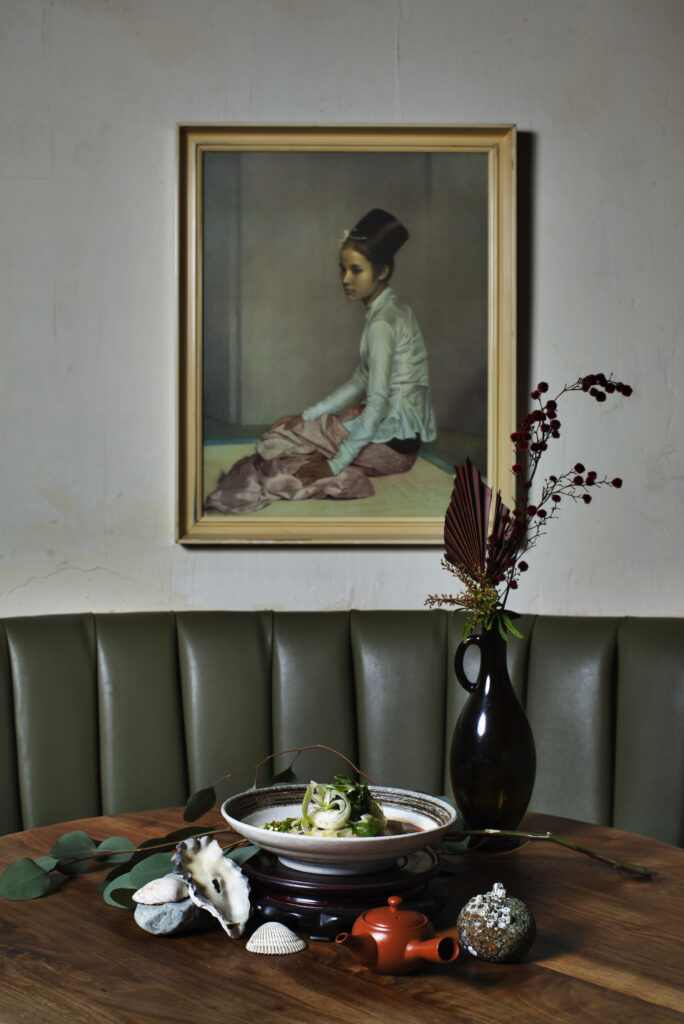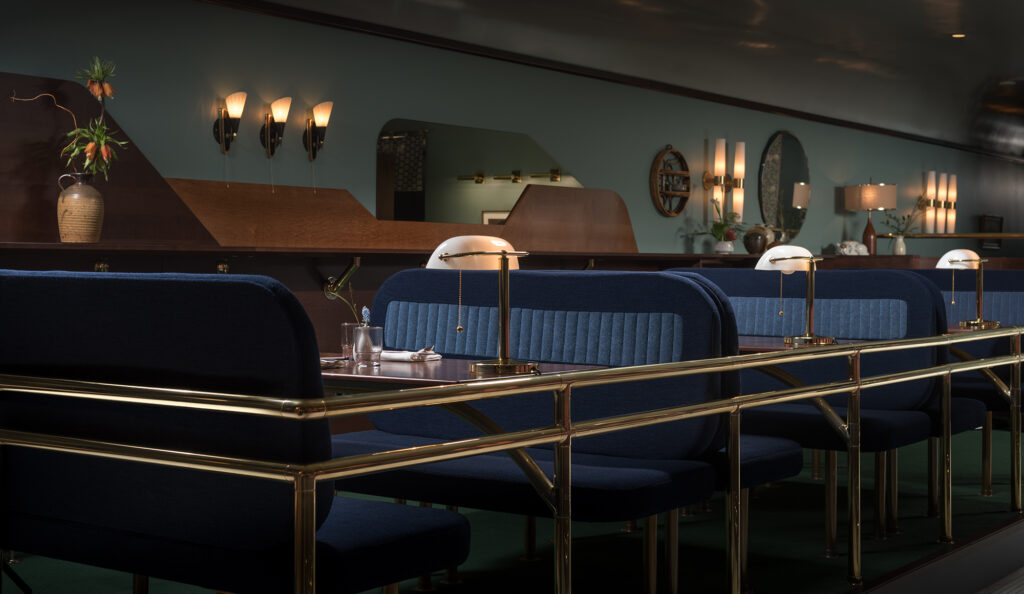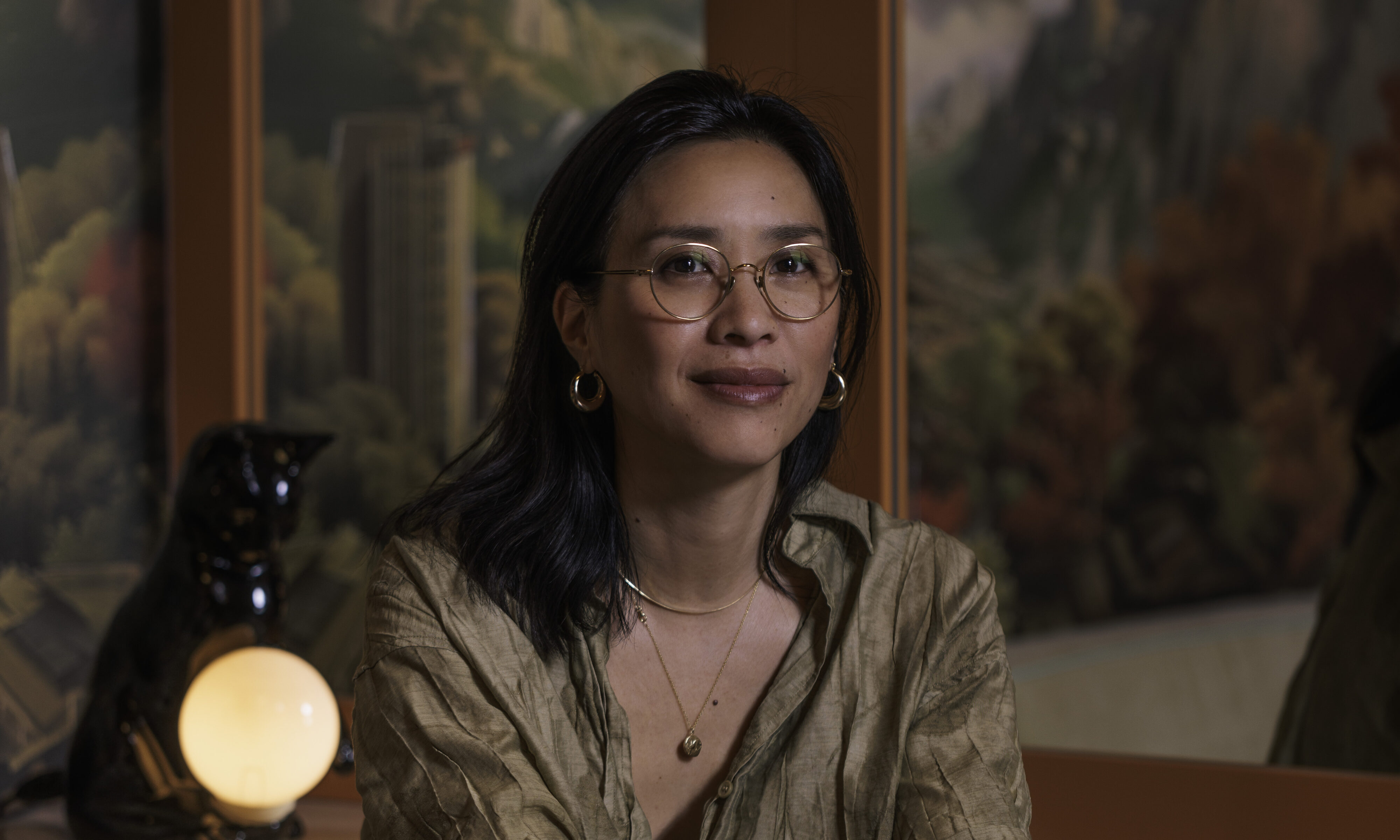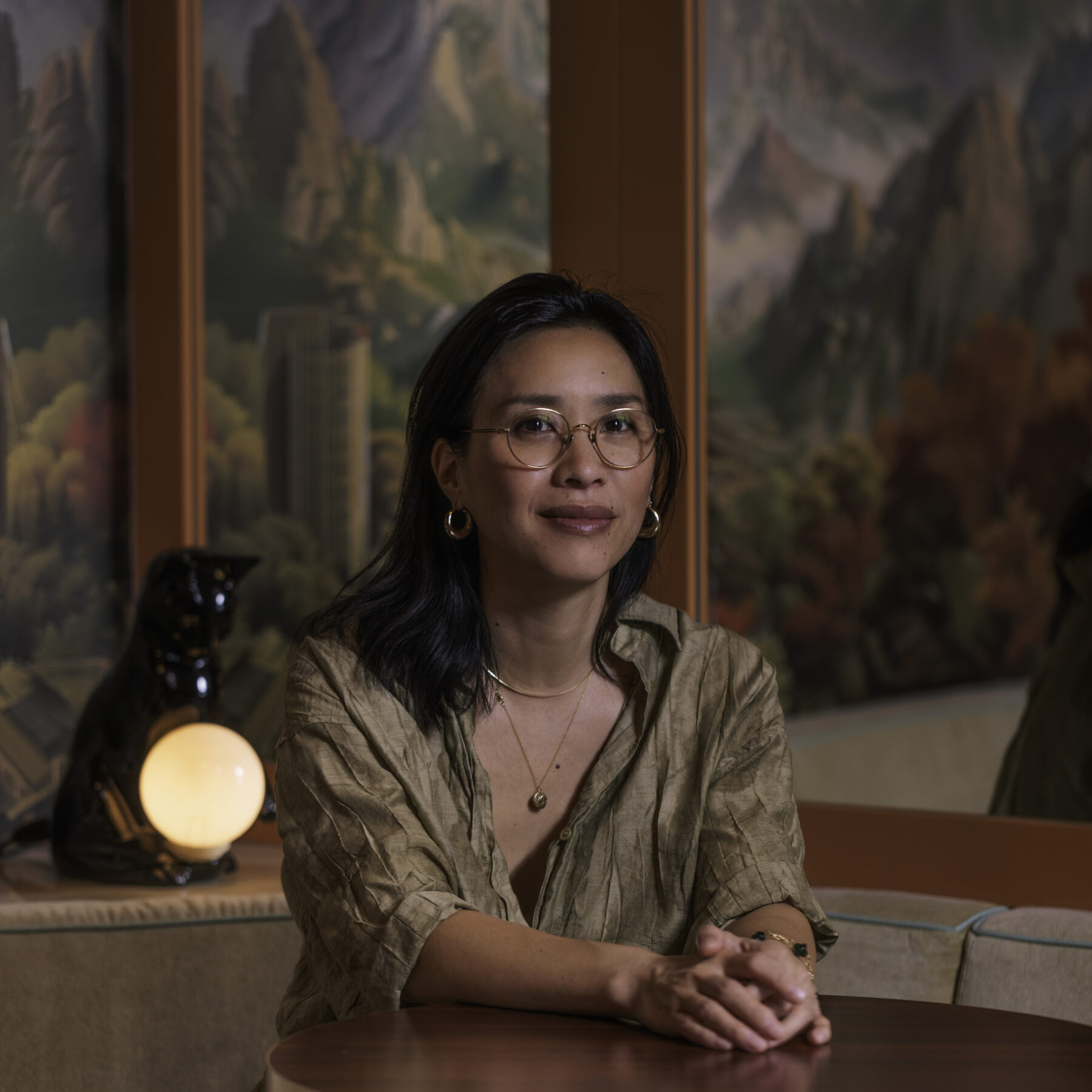When Vancouver-born Tannis Ling left her hometown in 2001 to work as a bartender in London, U.K., she immersed herself in the city’s concept-driven bars and restaurants, which she says were years ahead of Vancouver’s bar scene at the time. “Every detail has been thought of, the design, music, art, uniforms,” Ling explains. “The branding was so on point.” Ling began thinking of what it would be like to open her own place with a similar attention to detail but focused on Shanghainese and Taiwanese food, inspired by her own mother’s cooking. While that was the initial goal, “it has since spread out over many different regions of Asia,” Ling says. A decade later, in 2010, Ling opened Chinese Brasserie Bao Bei in Vancouver’s Chinatown, helping to revitalize the neighbourhood with its modern takes on Chinese cuisine. “There was a lot of fine dining at the time, but there weren’t many places that were casual and fun and different and unique,” Ling says, “it was the perfect time to open.”
Three more eateries followed, all of them situated in Chinatown: the upscale Japanese-Italian Kissa Tanto, the short-lived Singaporean diner Nancy Go Yaya (which unfortunately shuttered within a year of opening, during COVID), and the newest addition, Meo Bar. The latter launched in March 2024 with a retro Taiwanese and Hong Kong aesthetic, inspired by recent trips to Asia and a Greg Girard photograph of a Hong Kong bar in the 1970s. Here, Ling discusses memories of her mother’s home cooking, experimenting with Asian cuisines, and how to balance creativity with food traditions (and whether you can compete with grandma’s dumplings…which spoiler alert, you can’t.)

What were the eating traditions in your home like when you were growing up in the ’80s and ’90s?
We had one of those houses that had a dining room with nice furniture that we never used unless guests were over. Instead, we always ate in the kitchen on a very old IKEA table. We got home-cooked meals every day of our lives. It was Chinese food six days a week — stir-fried dishes, soup and rice — and then roast beef on Sundays.
I’m guessing those home-cooked meals were something you didn’t appreciate as much at the time.
I took it for granted then. I used to pine after my friends’ meals, which were meatloaf, mashed potatoes and powdered gravy. [When I went to university in New Brunswick], the local Chinese restaurant served American-style Chinese food, which I hadn’t had up to that point. It was my first time eating sweet and sour chicken balls. I started to think more about my mom’s cooking. Every time I’d go home to visit, she’d make one of my most-requested dishes: stir-fried beef with a ton of cilantro. It was simple, but I loved it.

When you decided to open Bao Bei in 2010, was it obvious that it should be in Chinatown?
I hadn’t really thought about the location. I used to go [to Chinatown] with my family when we were kids, we did all of our grocery shopping there. But a lot of shops had closed down and it was kind of dark and empty after 6 p.m. When I was touring spaces for Bao Bei, I looked in other neighbourhoods but it was either too expensive or more residential. Then, I came across a spot in [central] Chinatown. The rent was incredibly affordable and the owner of the building, who was a very progressive older Chinese man, was excited because I was Chinese and I wanted to open up a Chinese concept restaurant in Chinatown. It all made sense to me after that.
Did you receive any criticism when you first opened Bao Bei?
A lot of people said that the dumplings were too expensive and that their grandmothers could make the same food for a quarter of the cost. Originally, I wanted to serve the homestyle, classic dishes that I grew up eating, but I realized we were never going to beat somebody’s grandmother’s version of it. So my chef partner Joël Watanabe and I decided to do what he does best — he got creative and took liberties with the menu (think the French classic beef tartare featuring mustard root, ginger and soy atop a taro root chip). That’s when the food really started to become exciting.
Do you ever feel conflicted about iterating on those classic Chinese dishes?
Get the
Three from 3
newsletter
Join our global community of sharp, curious thinkers to receive a carefully curated email of the three most important things to read, see and do this week.
Listen and learn.
Tune into Third Culture Leaders, a podcast hosted by our co-founder and publisher, Muraly Srinarayanathas.
Explore how leaders skillfully navigate multiple cultural landscapes, leveraging their diverse backgrounds to drive innovation and change.
In the last 10 years, I’ve seen Chinese food developing very quickly. Traditionally, Chinese food has stayed the same for a very long time; famous Chinese restaurant chefs do not give up their recipes, it just gets passed down. And it’s a very secretive culture. I think that has its place, but for our generation, the children of immigrants, we want to share recipes and traditions, open things up and experiment. We’re not in Asia, so we have access to different ingredients; it makes sense to integrate what we have in our environment into the food. We’re also not just Chinese anymore; I’m Chinese-Canadian, Joël is Japanese and his great-grandfather was Sicilian, [and] my other partner Alain Chow is Chinese but was born in Toronto and grew up with tons of Jamaican food. We all have these multicultural backgrounds, so I think it’s important that we play around with those flavours.
The traditional Asian restaurants are evolving too, in some cases.
There’s a restaurant in Vancouver called Anh and Chi. Originally it was a very classic, hole-in-the-wall pho place that I used to go to with my family when I was in high school. The kids of the owners took it over from their parents; they renovated it, put in a cocktail program and a wine list and got creative with their menu. Now it’s one of the best restaurants in Vancouver. The food is amazing because their mother is still in the kitchen cooking. They took that original idea and evolved it to appeal to a more modern market. I have a young son who’s turning seven soon [and] a part of me would love for him to take over the family business. So I’d be curious to see what happens in 25 years if my son decides to take over the restaurants.
This interview has been edited and condensed for clarity.

